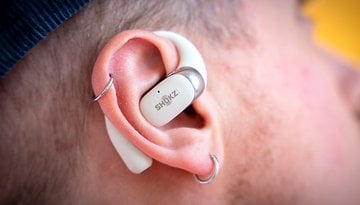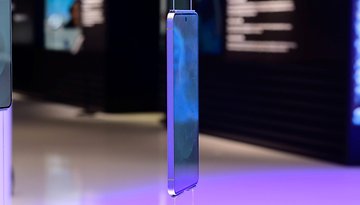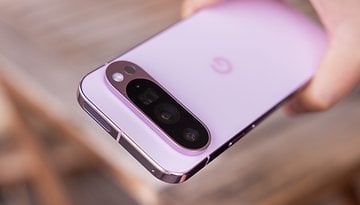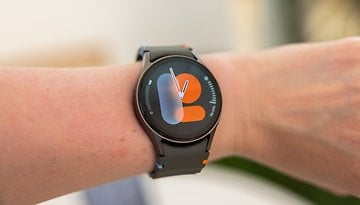New EU plans for universal charging cables and power supplies

Read in other languages:
With a new legislative initiative, the EU once again wants to force companies to use uniform charging cables and power supply units for smartphones and many other devices. A corresponding legislative proposal is to be presented in the summer.
According to netzpolitik.org, the new initiative aims to create "uniform chargers and connectors for mobile phones, tablets, laptops and other electronic devices". So what started more than a decade ago with a universal plug for all smartphones could have much wider implications in the future.
Universal connectors to protect the environment
Once again, one of the main reasons cited for these plans is the potential for this to reduce the amount of e-waste generated. If a connector were to become widely accepted, manufacturers would not have to ship new power supplies and cables alongside with a smartphone or other device. The likelihood that users already own the compatible accessories would be significantly greater. A trend that has already been evident since the introduction of Apple's iPhone 12 or even Samsung's S21 series.
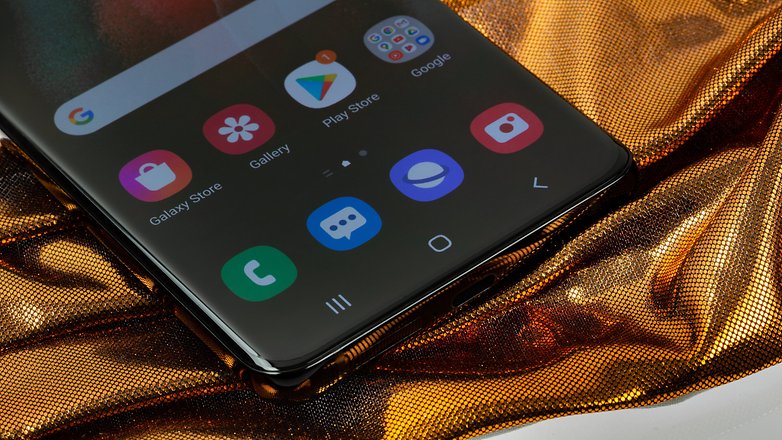
A study by the EU estimates that old smartphone chargers will cause up to 13,300 tons of e-waste per year from 2020 to 2028. This could be significantly reduced by ensuring compatibility between devices from different manufacturers. Standards for different devices could even save 29,000 tons of e-waste per year.
The great unknown: what is Apple doing?
Apple has been using its own standards for the iPhone for years. What began with the 30-pin connector changed in 2012 to the Lightning connector, which is still in use today. The US company justifies its position against a standardized connector by a lack of innovation should this become law. In other words: what happens if new cables, plugs or power adapters would enable better charging, but this is not possible with USB-C, for example?
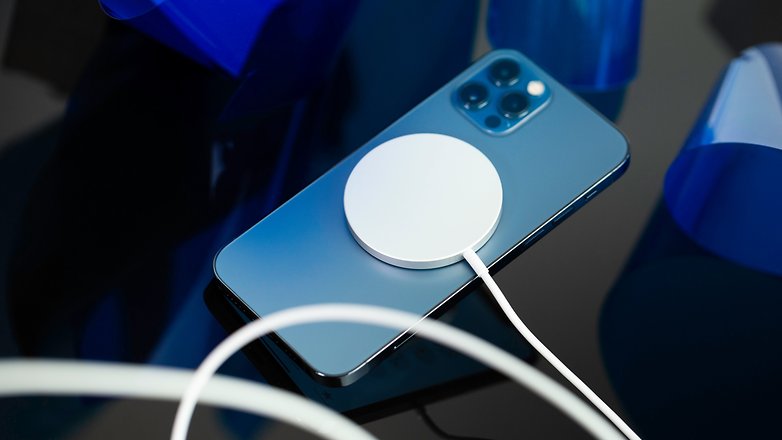
At the same time, the discussion about standardized plugs is fueling current rumours according to which Apple could say goodbye to a plug in the iPhone all together in the future. Instead, it could rely on the Qi-compatible MagSafe and remove the Lightning connector.
Since the new initiative also talks about devices aside from the smartphone, a potential standard would also affect many other manufacturers that continue to rely on Micro-USB, for example. This connection is still often found today, especially with cheaper accessories.
EU: Possible regulations for wireless charging
On the issue of wireless charging, the EU is also considering a standard, according to the netzpolitik.org report. While many smartphones are compatible with Qi, there could be other standards in the future. Currently, there is also Powermat in this area, for example.
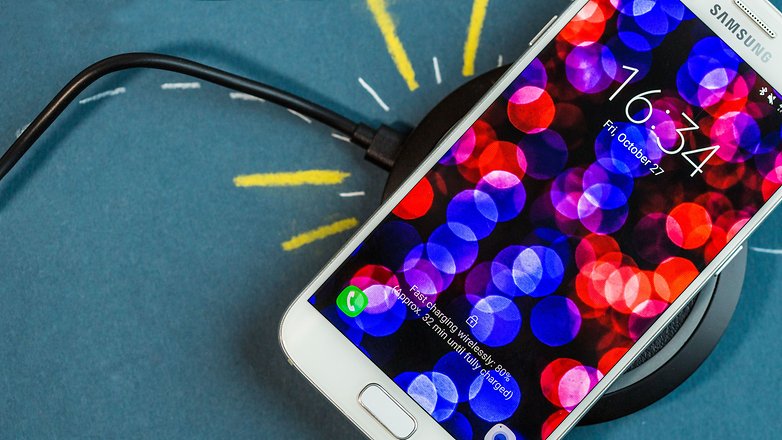
However, environmentalists criticize the current standards for not being efficient enough. Some tests show, for example, that wireless charging consumed 47 per cent more electricity than charging with a cable. Environmentalists, therefore, want "wireless chargers to be at least as energy-efficient as conventional chargers". This would require a standard.
Only a power supply unit: a dream for many users
Among users, a standardized "charging infrastructure", especially cables and power supplies, should find many fans. Instead of carrying around different charging accessories for smartphones, smartwatches, tablets, and notebooks, users would be able to rely on a single cable and power adapter.
The EU Commission's new plan for uniform charging is part of a new economy for electrical appliances. This also includes a right to repair as well as obligations for manufacturers to provide software updates for their devices for a certain period of time.
Via: areamobile Source: netzpolitik.org






